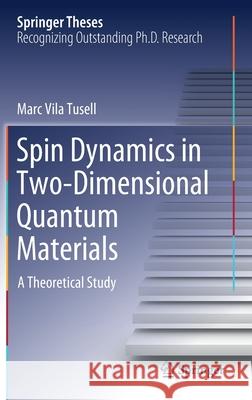Spin Dynamics in Two-Dimensional Quantum Materials: A Theoretical Study » książka
topmenu
Spin Dynamics in Two-Dimensional Quantum Materials: A Theoretical Study
ISBN-13: 9783030861131 / Angielski / Twarda / 2021 / 180 str.
Spin Dynamics in Two-Dimensional Quantum Materials: A Theoretical Study
ISBN-13: 9783030861131 / Angielski / Twarda / 2021 / 180 str.
cena 644,07
(netto: 613,40 VAT: 5%)
Najniższa cena z 30 dni: 616,85
(netto: 613,40 VAT: 5%)
Najniższa cena z 30 dni: 616,85
Termin realizacji zamówienia:
ok. 16-18 dni roboczych.
ok. 16-18 dni roboczych.
Darmowa dostawa!
Kategorie:
Kategorie BISAC:
Wydawca:
Springer
Seria wydawnicza:
Język:
Angielski
ISBN-13:
9783030861131
Rok wydania:
2021
Wydanie:
2022
Numer serii:
000416125
Ilość stron:
180
Waga:
0.43 kg
Wymiary:
23.39 x 15.6 x 1.12
Oprawa:
Twarda
Wolumenów:
01
Dodatkowe informacje:
Wydanie ilustrowane











